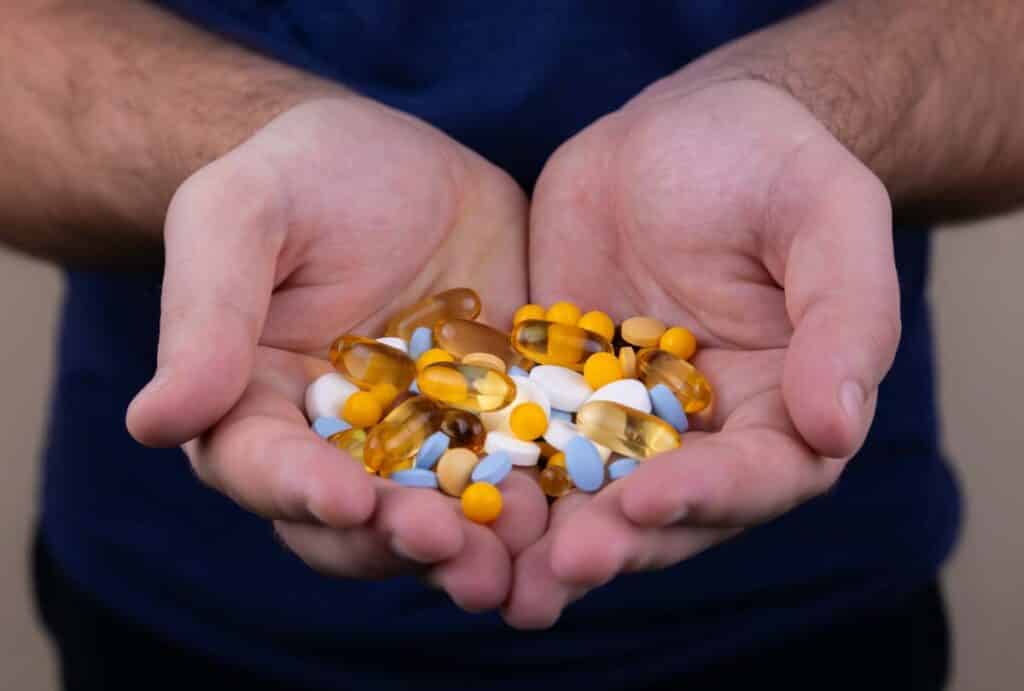There are many different types of addiction, but opioid addiction is one of the most serious. Opioids are a drug that includes prescription painkillers like oxycodone and morphine, as well as illegal drugs like heroin.
When someone is addicted to opioids, they will feel a strong need to take the drug even if it harms their health or relationships. So if you’re struggling with opioid addiction, getting help immediately is crucial. There are two main types of rehab: long-term and short-term. Which one is right for you?
What is opioid addiction?

Opioid addiction is a serious problem that affects people of all ages. Opioids are a type of drug that includes both prescription painkillers and illegal drugs, like heroin. When someone is addicted to opioids, they will feel a strong need to take the drug even if it harms their health or relationships. If you’re struggling with opioid addiction, getting help immediately is important.
There are two main types of rehab: long-term and short-term. Long-term rehab usually lasts for at least 30 days, while short-term rehab can last anywhere from a few days to a few weeks. So which one is right for you?
It depends on several factors, including your addiction severity, personal goals, and financial situation. If you have a mild addiction, you may be able to recover in a short-term facility. But if you have a more severe addiction, you’ll likely need the structure and support of a long-term program.
What are the benefits of Intensive Outpatient Programs?
Intensive outpatient programs (IOPs) are one level below inpatient care and typically last three to four hours a day, three to five days a week. IOPs offer more freedom than inpatient treatment but still provide structure and support. This type of program may be a good fit for someone who has completed an inpatient program or detoxification and is now ready to start rebuilding their life.
IOPs typically include group therapy, individual therapy, and some 12-step meetings or similar programs. The focus is on learning to live sober after rehab and developing the tools necessary to maintain sobriety. IOPs can last anywhere from a few weeks to several months, depending on the needs of the individual.
Why Do People Consider Telemed?

There are a few reasons why people might consider telemedicine for addiction treatment. First, it can be more affordable than in-person care. Second, it can be more convenient, as you can receive care from the comfort of your own home. Finally, it can be anonymous, which may be necessary for someone not ready to face their addiction publicly.
Telemedicine is effective for treating a variety of mental health conditions, including anxiety and depression. It is also growing in popularity as a treatment for substance abuse and addiction. If you are considering telemedicine for your addiction treatment, make sure to choose a provider licensed in your state and accredited by the American Society of Addiction Medicine.
What are the risks of not getting help for an addiction?
If you or someone you know is struggling with an addiction, it is vital to seek professional help. Addiction is a severe disease that can have devastating consequences. Left untreated, addiction can lead to financial ruin, job loss, legal problems, and relationship problems.
It can also lead to health problems such as liver disease, heart disease, and mental health problems. In some cases, it can even lead to death. So if you are struggling with an addiction, please get help today.
What are the different types of addiction treatment?
There are many types of addiction treatment, and the best approach for you depends on your situation. Some common types of treatment include inpatient treatment, outpatient treatment, 12-step programs, and telemedicine. Inpatient treatment is typically reserved for people with severe addictions who need 24-hour supervision.
Outpatient treatment is less intensive and allows you to live at home while attending counseling sessions and other weekly treatments. 12-step programs such as Alcoholics Anonymous or Narcotics Anonymous can be helpful for some people but are not suitable for everyone. Recovery groups provide support and fellowship but do not typically offer professional counseling or therapy.
Addiction is a severe disease that can have devastating consequences. If you or someone you know is struggling with an addiction, please get help today. There are many different types of treatment available, and the best approach for you will depend on your specific situation. However, with professional service, recovery is possible.

